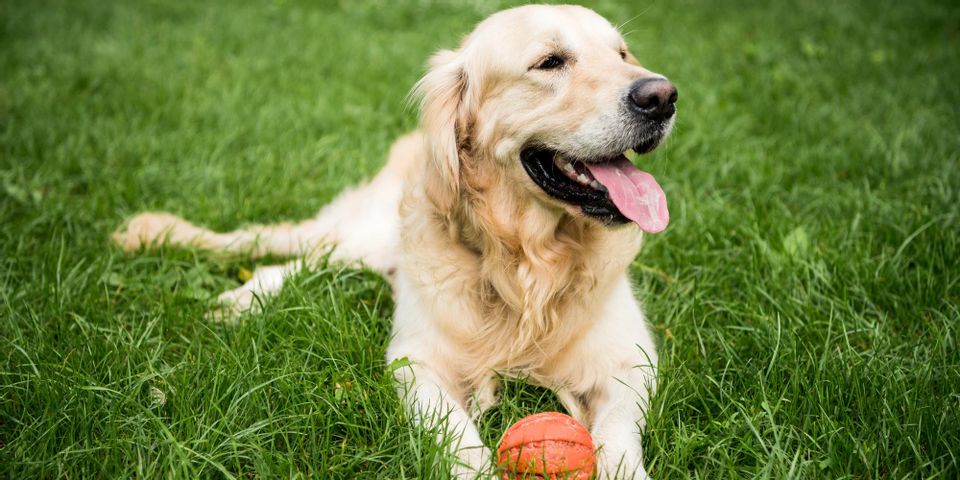
It’s always concerning to discover that your dog is in pain. If your furry friend develops a limp, it could be due to a cranial cruciate ligament (CCL) injury. This common problem affects the connective tissue between the femur and the tibia, the knee joint’s core bones responsible for supporting a normal range of motion. It’s crucial to bring your pet to the veterinarian promptly if you suspect a CCL injury. Here’s everything you need to know about this problem.
Symptoms of CCL Injuries
CCL injuries typically occur while the animal is hard at play. Aggressive movements and excessive force on the knee can result in a sudden CCL rupture, causing them to limp in their efforts to walk. Sometimes basic aging and general wear and tear are to blame. In that case, the symptoms may develop gradually as the tissue weakens. That loss of integrity leaves it more susceptible to a sudden rupture. Dogs that are overweight are also vulnerable, as the extra volume they carry can put undue strain on their body. In all instances, the injury can cause significant pain, and some animals may also experience swelling on the interior knee. It may also be challenging for them to stand up and get into vehicles, and they may hesitate to play as they usually would.
Treatment for CCL Injuries
 A ruptured CCL causes instability on the joint and leaves the dog vulnerable to developing arthritis symptoms if left untreated. The limb is essentially not useful to your pet unless the veterinarian addresses it promptly. In most cases, pet surgery is necessary to help your dog return to a normal quality of life. Surgeons may opt for one of several procedures depending on the severity of the injury. In some cases, surgery may not be advisable; aging dogs, for example, might not be candidates for operations. In those cases, wearing a knee brace, taking prescribed joint supplements, and engaging in physical therapy may provide support during the healing process, which can take several weeks.
A ruptured CCL causes instability on the joint and leaves the dog vulnerable to developing arthritis symptoms if left untreated. The limb is essentially not useful to your pet unless the veterinarian addresses it promptly. In most cases, pet surgery is necessary to help your dog return to a normal quality of life. Surgeons may opt for one of several procedures depending on the severity of the injury. In some cases, surgery may not be advisable; aging dogs, for example, might not be candidates for operations. In those cases, wearing a knee brace, taking prescribed joint supplements, and engaging in physical therapy may provide support during the healing process, which can take several weeks.
Prevention of CCL Injuries
Reducing strain on the ligaments is the most effective way to minimize your pet’s likelihood of a CCL injury. If your dog is overweight, speak to the veterinarian about effective weight management strategies. Walking and swimming are both low-impact options that spare your dog’s joints while providing them with the exercise they need to improve their health. Avoid any activities that involve jumping, turning rapidly, or any forceful movement that could put their joints at risk.
If you suspect a CCL injury, bring your beloved pet to Petplex Animal Hospital. Serving clients throughout Newark and Heath, OH, the veterinarians offer various services, including pet dentistry, grooming, dog training, and surgery. To find out more about how they can help your canine, visit the website or call (740) 929-3300 to schedule an appointment.
About the Business
Have a question? Ask the experts!
Send your question

